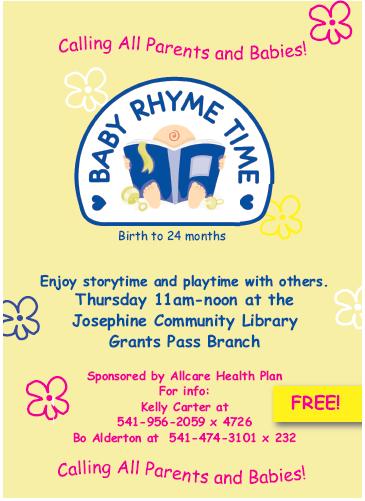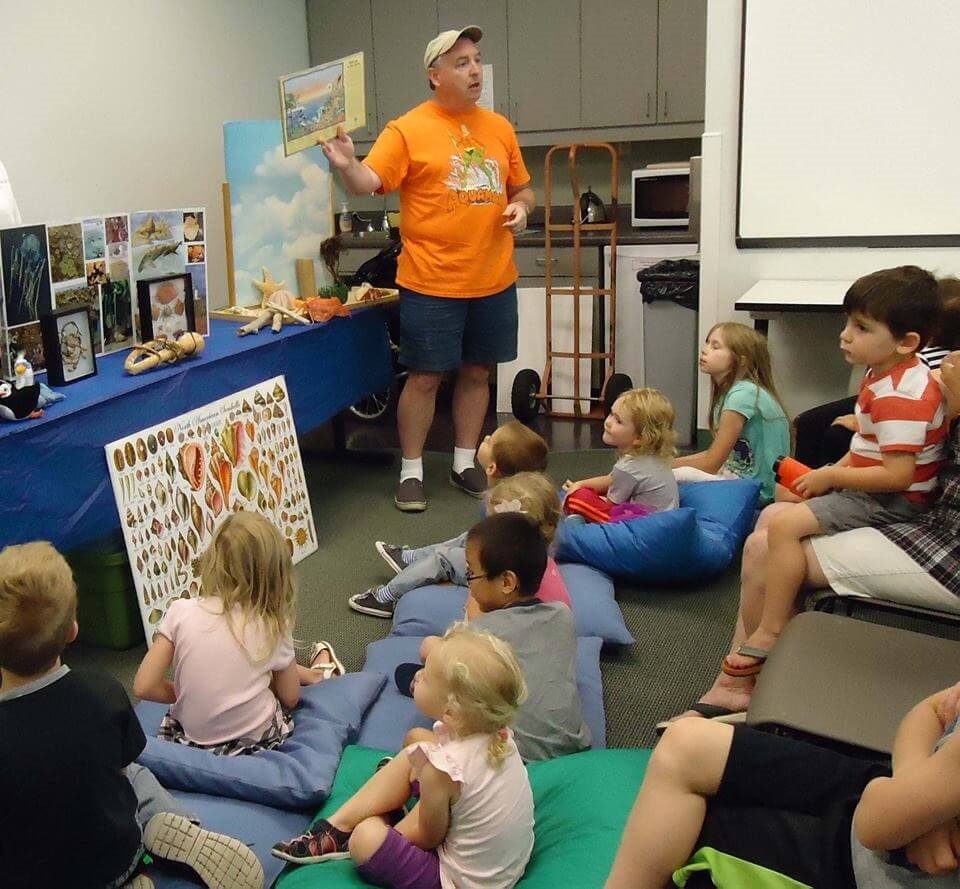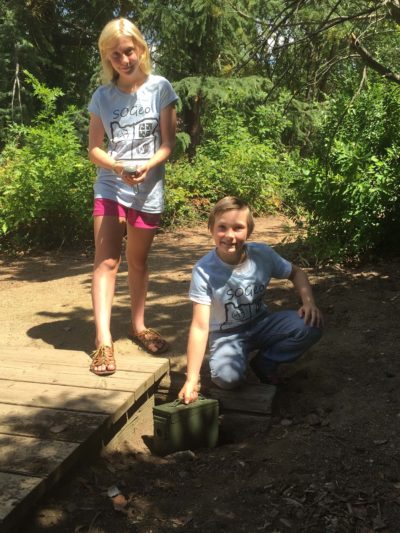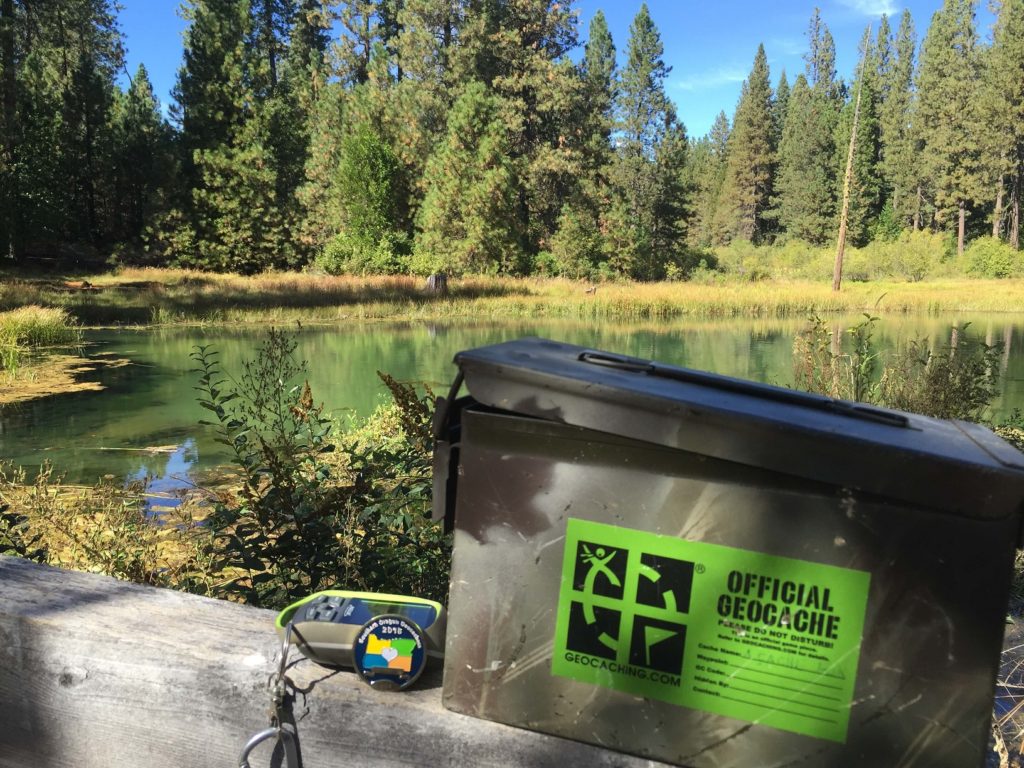Be the mom she needs

5 ways to stay connected during the tween years
Tween. Yes, that is exactly where she is. Wherever that is.
She is still a child, but she is finding a new voice and attitude that is unfamiliar.
“Geez, mom! What’s the big deal? I’ll be done in a minute…” (in a sassy tone). You cringe.
You say to yourself, “where did THAT come from?” Right out of the blue it seems. Then as if nothing happened she is back to happily re-organizing her stuffed animals alphabetically.
Welcome to the land of tween! There are a few things you should know to help you navigate your way through this new territory.
Your girl is likely unaware of her new behavior
If you ask her immediately after her reaction to your request to stop what she is doing and come to dinner, “where did that come from?” she will like say, “What? What do you mean?”
It is easy to think that she is putting you on…but she isn’t. This is as new for her as it is for you and she has no idea what is happening to her.
So don’t ask her why she is acting that way. She doesn’t know.
As parents, our “sassy” radar is always on in regards to our daughter’s behavior. Sassy = disrespectful, entitled, unappreciative. We don’t like it. None us want our girls to hold these characteristics. So when sassy shows up, we are quick to want to nip it in the bud.
“Watch that tone of voice when you talk to me” 
“What did you just say to me?”
“How you said that is not okay. Use a nicer voice please”
And this is what is going through her head:
“Uh-oh, mom’s mad at me…what did I do now?”
“I am in trouble”
“I did use a nice voice…didn’t I?” now doubting herself.
Then come the tears. Her emotions erupt. As she runs out of the room and exclaims through her angry tears, “Why are you mad at me? I don’t get it! You are mean!” and she is gone.
What is going on?
Girls typically experience emotional latency between the ages of 6-11. This is a welcomed time of generally calmer emotions and emotional expression. She feels her emotions but not to the extreme that she may have felt and expressed them during the first five years of her life.
Then, as if over night, this emotional calm becomes a series of unpredictable storms. The first thing that comes to everyone’s mind is “Ohhh…it is hormones! That is what is causing her to act this way” Sure, she has some hormones pulsing through her in preparation for puberty, but that age-old excuse is not the cause.
It is her brain changing and other influences, not just her hormones.
We are learning so much about the teen/tween brain. Your girl’s brain is about to undergo a major overhaul that follows the pattern of growth and changes that took place in her brain while in the womb. That is big. Basically, she is going through a brain update. And if you have updated a Smartphone recently, you know how that can go.
The emotional centers of the brain during this overhaul are overly sensitive, hence the heightened emotional reactions that can flare up. The part of the brain that allows for rational thinking and exudes calm may not appear on the scene until the mid twenties. So basically she is wired for emotion and not reason during this time in her life.
As a matter of new-fact, the changes in her brain and the events in her life have a greater affect on her emotional moods than hormones.
You May have your own “teen triggers” to deal with
So was that your parental sassy alarm that went of when she came back at you with some attitude, or was it more than that? Let’s check.

Did you feel a little emotional surge from somewhere distant but familiar? Maybe your heart was racing a little? What did you say back to her? “Watch that tone of voice when you talk to me”. Where did that threat come from? That is not the way you usually talk to her.
Your brain may be done forming but you may still have your own teen behavior response system lurking in deep places within you. That threat may have been what you heard from your parent in response to your teenage behavior.
We can subconsciously hold onto behaviors and responses to experiences in our lives for many years- from childhood and beyond. And if we have not done the work of opening them back up again and meeting them then releasing them directly, they have a way of popping back up again, thanks to a trigger…such as your daughter putting up an emotional flare.
And BAM! Back you go to your own teen-self.
What to do? Life has an amazing way of propping mirroring experiences up in front of us to give us the opportunity to look into ourselves more deeply. Maybe to heal a wound, or to help us see something of deep emotional value by opening up something within us that needs our attention.
Many times we may not take that opportunity but I encourage you to take it. Now. Don’t blow it off. Trust me. This won’t be the last teen trigger you will experience. Sex, drugs and rock and roll may be up ahead.
So do your work now.
Depending on the depth of your emotional experiences as you were going through adolescence will depend how much work there is to do. Only you know that if you are really willing to be honest with yourself. It may be that just some journaling around your adolescence is necessary. Or meeting with a trusted therapist or counselor can help you move the emotional landmines that may have been laid during your adolescence. I have had some mothers go back to their mothers and process that time. Wow. Now there is some work!
Whatever it takes.
Go back now and heal that time in your life so your daughter doesn’t have to do it for you.
You won’t regret it. It may be one of the hardest things to do but one of the greatest gifts to your relationship with your daughter. Do it.
Don’t get hooked
The sooner you can separate your adolescent triggers from your daughter’s behaviors the easier it is going to be for you to avoid “getting hooked”.
What does getting hooked look like? You are hooked when you can’t let something go. When she has said or done something that has activated your emotional response system.
You are hooked when you react instead of respond.
Do a little fishing the next time you and your daughter have an interaction around something potentially triggering and watch yourself. Here is how:
- Notice– Am I hooked right now?
If you are:
- Indentify– I am hooked!
- Acknowledge– Stop the interaction and say it out loud. “Pause…I am hooked right now”
- Release– Take a break. Ask to come back to it. Let it go. Journal. Go look at a tree. Do what you need to in order to take care of yourself and reset.
- Return– Go back to your daughter and tell her what happened. Decide together what’s next. Try again? Let it go?
- Forgive– Yourself. You are human and in very new territory with the likelihood of some shadowy stuff lurking in your teen-self. Let it go. There is no value in carrying it around with you. It may get in the way of your next mother~daughter interaction.
Patience, not pressure pays off
 Maybe we got it from our own mothers doing it to us. Maybe we think that pushing works because it has in the past when she was little. Somewhere we got the message that pushing works- that pushing fixes things, makes them better.
Maybe we got it from our own mothers doing it to us. Maybe we think that pushing works because it has in the past when she was little. Somewhere we got the message that pushing works- that pushing fixes things, makes them better.
If you haven’t noticed it already, pushing your daughter is going to stop working for you.
Which when something stops working we tend to do it more in order to try and understand why it isn’t working. Human nature. And the more we push, the harder she starts pushing back. She is a good student of you! And you now have a pushy mess.
As your daughter is going through this major reorganization of her brain, you need to “update” your patitude, or was it more than that? Let’s check.

Did you feel a little emotional surge from somewhere distant but familiar? Maybe your heart was racing a little? What did you say back to her? “Watch that tone of voice when you talk to me”. Where did that threat come from? That is not the way you usually talk to her.
Your brain may be done forming but you may still have your own teen behavior response system lurking in deep places within you. That threat may have been what you heard from your parent in response to your teenage behavior.
We can subconsciously hold onto behaviors and responses to experiences in our lives for many years- from childhood and beyond. And if we have not done the work of opening them back up again and meeting them then releasing them directly, they have a way of popping back up again, thanks to a trigger…such as your daughter putting up an emotional flare.
And BAM! Back you go to your own teen-self.
What to do? Life has an amazing way of propping mirroring experiences up in front of us to give us the opportunity to look into ourselves more deeply. Maybe to heal a wound, or to help us see something of deep emotional value by opening up something within us that needs our attention.
Many times we may not take that opportunity but I encourage you to take it. Now. Don’t blow it off. Trust me. This won’t be the last teen trigger you will experience. Sex, drugs and rock and roll may be up ahead.
So do your work now.
Depending on the depth of your emotional experiences as you were going through adolescence will depend how much work there is to do. Only you know that if you are really willing to be honest with yourself. It may be that just some journaling around your adolescence is necessary. Or meeting with a trusted therapist or counselor can help you move the emotional landmines that may have been laid during your adolescence. I have had some mothers go back to their mothers and process that time. Wow. Now there is some work!
Whatever it takes.
Go back now and heal that time in your life so your daughter doesn’t have to do it for you.
You won’t regret it. It may be one of the hardest things to do but one of the greatest gifts to your relationship with your daughter. Do it.
Don’t get hooked
The sooner you can separate your adolescent triggers from your daughter’s behaviors the easier it is going to be for you to avoid “getting hooked”.
What does getting hooked look like? You are hooked when you can’t let something go. When she has said or done something that has activated your emotional response system.
You are hooked when you react instead of respond.
Do a little fishing the next time you and your daughter have an interaction around something potentially triggering and watch yourself. Here is how:
- Notice– Am I hooked right now?
If you are:
- Indentify– I am hooked!
- Acknowledge– Stop the interaction and say it out loud. “Pause…I am hooked right now”
- Release– Take a break. Ask to come back to it. Let it go. Journal. Go look at a tree. Do what you need to in order to take care of yourself and reset.
- Return– Go back to your daughter and tell her what happened. Decide together what’s next. Try again? Let it go?
- Forgive– Yourself. You are human and in very new territory with the likelihood of some shadowy stuff lurking in your teen-self. Let it go. There is no value in carrying it around with you. It may get in the way of your next mother~daughter interaction.
Patience, not pressure pays off
 Maybe we got it from our own mothers doing it to us. Maybe we think that pushing works because it has in the past when she was little. Somewhere we got the message that pushing works- that pushing fixes things, makes them better.
Maybe we got it from our own mothers doing it to us. Maybe we think that pushing works because it has in the past when she was little. Somewhere we got the message that pushing works- that pushing fixes things, makes them better.
If you haven’t noticed it already, pushing your daughter is going to stop working for you.
Which when something stops working we tend to do it more in order to try and understand why it isn’t working. Human nature. And the more we push, the harder she starts pushing back. She is a good student of you! And you now have a pushy mess.
As your daughter is going through this major reorganization of her brain, you need to “update” your parenting tactics. You may need a complete overhaul or just to make a few adjustments.
Take a good long look at how you are parenting your daughter. Make a list of what is working and what isn’t working. Talk to other mothers with daughters to learn about what they are doing, or did. Read books. See a therapist. Be pro-active in updating your parenting to meet the needs of this evolving person whose foundations are shifting right before your eyes.
And get to know patience really well. It is your rock.
Patience is the foundation that holds up love, tolerance, empathy, and compassion in your mother and daughter relationship.
Practice it in other places in your life. It is alike a muscle that needs to be worked in order to be strong and reliable.
Make yourself stay in patience even when there is a storm raging around you- because your daughter is counting on you being strong…for both of you. Let her know that you are that rock. She will come to depend on it. So will you.
Remember who she is 97.5% of the time
Seriously. It is important for us as mothers to focus on who she is and not be swept away by her behaviors- because that is what they are, just behaviors.
Be careful to not make her behaviors into who she is. She is so much more than how she acts.
Not only is it important for mother to know who she is…but she needs to know too…because she isn’t sure right now.
It can be a beautiful thing to help remind both of you who she is.
Make lists.
- What does she believe in?
- Who does she trust?
- What makes her giggle?
- What does her mind do for her?
- Where are her favorite places to be?
- What changes would she like to see in the world?
- What does she love to eat?
- What are her favorite memories?
- What does her body do for her?
- What dreams does she have?
- What are her favorite books? Movies? Music?
- Tell her who loves her.
Then make a book for her…of her. Write her a letter with all of it in it. Create a bulletin board covered with her. Make a video of you telling her who she is.
It may sound corny to you but know this.
There is going to be a time when she comes to you emotionally disheveled and confused, not even sure what she wants from you. And you are going to be able to reach for that book, letter or video to remind her. And she will remember. You both will.
By Karen O’dougherty
bodybasicsandbeyond.com






 grossed out every chance they can get.” And that’s what he does with 15 different topics ranging from the most popular “BUGS and BUGS AS FOOD” , “WORMS and COMPOSTING” to “OWLS and OWL PELLETS” and the new “NATURAL HISTORY of the OREGON TRAIL.” “Every program we teach is just a big show-and-tell….the audience gets to touch EVERYTHING and that’s what makes it stick in their minds.”
grossed out every chance they can get.” And that’s what he does with 15 different topics ranging from the most popular “BUGS and BUGS AS FOOD” , “WORMS and COMPOSTING” to “OWLS and OWL PELLETS” and the new “NATURAL HISTORY of the OREGON TRAIL.” “Every program we teach is just a big show-and-tell….the audience gets to touch EVERYTHING and that’s what makes it stick in their minds.”


 ingredients at the grocery store as well as in the kitchen. This can be helpful for children with persnickety eating habits to feel a sense of control and value.
ingredients at the grocery store as well as in the kitchen. This can be helpful for children with persnickety eating habits to feel a sense of control and value.
 search
search  your home address and let the adventure begin! Each cache will have a description of what you are looking for and sometimes a hint. You can also read the past logs of other folks who have found that cache. Once you discover the physical cache you will find a log sheet to write your geocaching name on. Then you can log the find online via smart phone or computer and share your experience with other cachers. Often, inside the cache you will find small tradeable items so make sure you have a trinket if you want to swap something! This is a favorite part of the game for young cachers. See Geocaching.com for more details on tradable items.
your home address and let the adventure begin! Each cache will have a description of what you are looking for and sometimes a hint. You can also read the past logs of other folks who have found that cache. Once you discover the physical cache you will find a log sheet to write your geocaching name on. Then you can log the find online via smart phone or computer and share your experience with other cachers. Often, inside the cache you will find small tradeable items so make sure you have a trinket if you want to swap something! This is a favorite part of the game for young cachers. See Geocaching.com for more details on tradable items.









